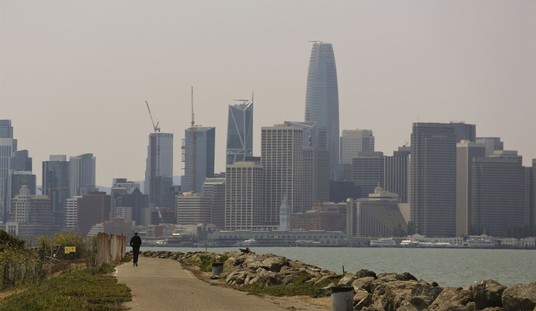The saga of Scooter Libby continues with an in-depth report from Time on the final hours of the George Bush administration and Dick Cheney’s desperate attempt to get clemency for his former aide. Cheney “really got in the President’s face” like never before, according to one source close to Bush, but to no avail. By that time Bush had already been burned on one pardon — and for the president, the issue came down to one question:
On the Sunday before he left office, Bush invited Sharp to the executive mansion for a farewell cigar.
While packing boxes in the upstairs residence, according to his associates, Bush noted that he was again under pressure from Cheney to pardon Libby. He characterized Cheney as a friend and a good Vice President but said his pardon request had little internal support. If the presidential staff were polled, the result would be 100 to 1 against a pardon, Bush joked. Then he turned to Sharp. “What’s the bottom line here? Did this guy lie or not?”
The lawyer, who had followed the case very closely, replied affirmatively.
Bush indicated that he had already come to that conclusion too.
“O.K., that’s it,” Bush said.
The article is well worth the read. It describes the kind of inside-baseball that we all know exists in Washington and in every administration, but usually doesn’t get revealed until the next administration takes its place. It has no hint of illegal or even unethical behavior, but instead just the tactics of people who play to win in politics. It also dispels the notion that Bush was Cheney’s hand-puppet, as it makes plain that Bush played the same level of politics, and with the same talent.
On the issue of Libby and the pardon, that actually underscores the effort both men gave in pursuit of their values. For Cheney, the issue was loyalty and a sense of unfairness over the targeting of Libby in the Plame investigation. For Bush, as the passage above notes, the issue was maintaining the integrity of public service. He clearly sympathized with Libby’s plight, as he showed in commuting the sentence, but Bush could not bring himself to ignore that Libby lied to investigators and under oath.
Bush stuck to his view of justice and integrity, and in the end, I believe he made the right call for the right reasons.








Join the conversation as a VIP Member